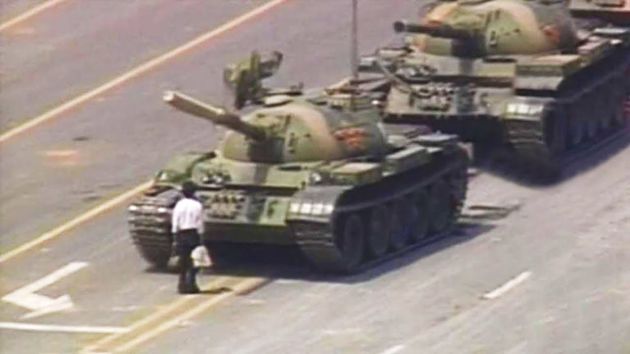The events in Hong Kong are significant both for the whole world, as they take place in the world’s second-largest power, and for Muslims, as they experience its power firsthand. It is widely believed in the Islamic world that China can get away with its genocidal policy against the Uyghurs because they are Muslims, whereas if it were any other group, such as the LGBT community, the response would be completely different. Unfortunately, in this case, there are two reasons why this is not the case. First, the Uyghur issue has attracted considerable attention from Western media and politicians, some of whom can hardly be suspected of having much love for Islam. Second, we are currently witnessing dramatic events that demonstrate that the West has no particular ability, and some believe no desire, to exert influence on China, even when it is necessary to protect openly pro-Western groups such as the Hong Kong protesters.
It is worth noting that in 1898, this Chinese island was officially leased to the British Empire for 99 years. This shielded the Chinese living on the island from many of the hardships faced by their compatriots on the mainland, from civil war to communist terror and dictatorship. As a result, generations of people grew up there accustomed to living under a Western rather than a Communist totalitarian regime. Even after Hong Kong was returned to Chinese jurisdiction in 1997 after years of negotiations, its people retained their autonomy and freedoms for a long time.
The situation began to change in many ways under Xi Jinping, the current general secretary of the Communist Party of China. It was under him that not only the ambitious strategy of transforming China into a leading global power, the “One Belt, One Road” initiative, began to be implemented, but also the introduction of “re-education camps” for millions of Turkish Muslims, as well as a system of total facial recognition and social control (known as the social credit system) for the Chinese themselves. Not surprisingly, it eventually reached Hong Kong, a hotbed of dissent where Beijing’s laws did not really apply and where many Chinese dissidents found refuge. To put an end to this, a law was prepared to hand over refugees from mainland China to the Chinese authorities, demonstrating the subordination of the Hong Kong administration to Beijing’s effective control and sparking mass protests calling for its resignation and rejection of such a law. The protests have truly taken on a mass and determined character.
The Chinese Communist regime responded with equal ferocity, using not only the usual methods of police violence but also criminal gangs formed with the help of the regime-controlled mafia. Dressed in white T-shirts and armed with truncheons, they arrest and brutalize the protesting youth in the absence of police intervention.
In recent days, Beijing has begun aggressively deploying military equipment and troops to the borders of Hong Kong in addition to the existing forces.
The official rhetoric of the communist regime regarding the provocations of the protesters, that they have crossed the line of what is permissible, etc., leaves no doubt that preparations are underway for a massive military-police operation to bring the island completely under Beijing’s control. Indeed, events similar to the Tiananmen Square protests could now unfold on a regional scale. In April 1989, thousands of students took to the square in the center of the Chinese capital to demand the democratization of the country and the abandonment of communist dictatorship. But instead of a peaceful revolution, hundreds of unarmed students were literally crushed by tanks and then shot, and thousands more ended up in jail.
Something similar could now happen in Hong Kong in front of an outraged international community (not including countries like Russia, whose regime would only approve of such actions), whose protests are powerless to stop China’s military machine from exercising its “sovereign right” on its territory. What makes this situation even more dramatic is that the blow will once again fall on those who managed to survive after the events of 1989 and found refuge in free Hong Kong, which is now being pushed to the brink.
For Muslims – Uyghurs and those who sympathize with them – such a turn of events will certainly be extremely sad. Not only because the Hong Kong protesters have expressed their support for them and condemned the CCP’s policies toward them, but also because it will mean further unleashing of the Chinese regime and escalation of repression.
On the other hand, who knows – will Hong Kong be the first obstacle to break this oppressive machine? Not in terms of military power, of course – the Hong Kong protesters are unlikely to be able to resist a massive invasion by the Chinese army for long. But many analysts today predict that, given Hong Kong’s role and place in the world financial system and in Southeast Asia, such a massacre could cost the communist regime dearly, possibly bringing down one of its most important stock markets and investment platforms. And who knows, could it lead to a crisis in the entire Chinese economy and unrest throughout China?
In the photo – tanks moving toward a student on Tiananmen Square.

